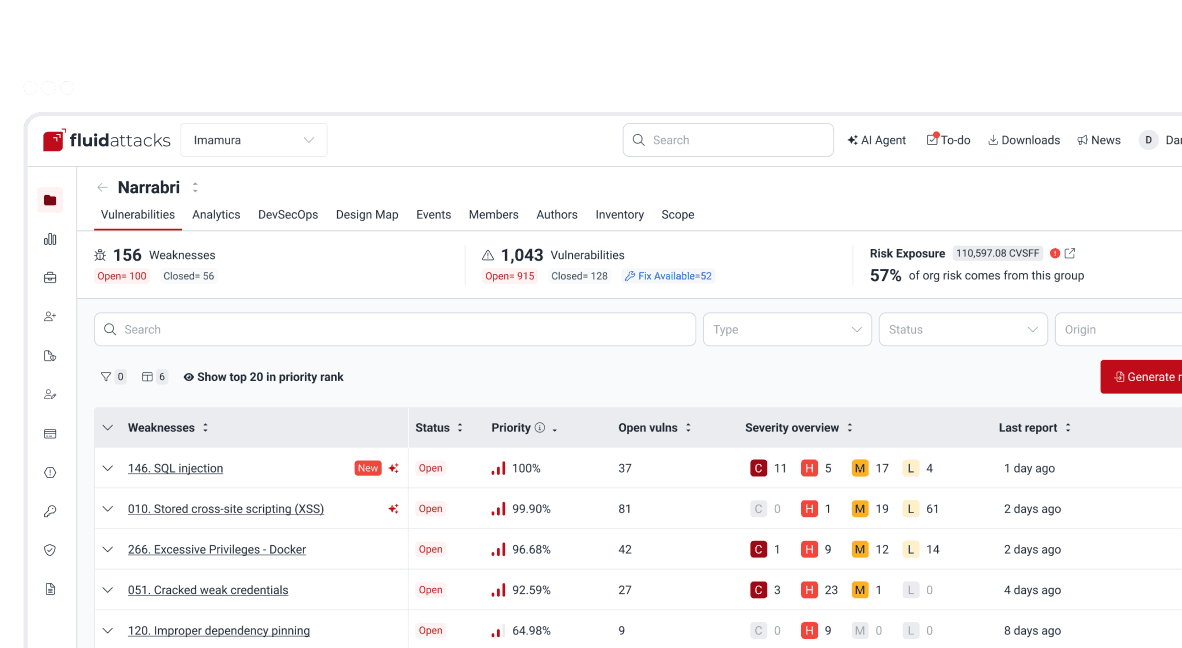Attacks
Facebook data leak? About 533 million user phone numbers now for "free"

Content writer and editor
Updated
Apr 9, 2021
5 min
A few days ago, someone published the phone numbers and other account information of hundreds of millions of Facebook users on a cybercrime forum. We're talking about information that is now 'free' but which had been circulating on the web months before and that even Facebook refers to as material extracted from its platform in 2019. This case comes in addition to several previous ones that have cast serious doubt on this widely used social network's security. Let's take a look!
If you were asked why you use Facebook, what would you answer (that is if you use it)? Perhaps your reason wouldn't be too far from the funny remark expressed by Gewirtz in ZDNet: "We all use Facebook because it's the only way we can know what people we haven't talked to in years have eaten for dinner." But, whatever your reason for using it, have you been aware of its security and user data handling issues? One of the most mentioned incidents has been the Cambridge Analytica scandal, where Facebook shared the data of millions of its users without their consent to that British company, mainly for political advertising. Apart from this, there have been cases of harvesting of user email contacts without permission, passwords stored in plain text, and, well, information leaks, our concern here.
On this occasion, the information that has been made public corresponds to 533,313,128 Facebook users. Apparently, almost all the records include the user's ID (a long number linked to the account), name, gender and a piece of information that makes this situation more alarming: their phone number. We can also find data such as the user's email address, relationship status, date of birth, occupation, city, among others, in some records. These data are part of the user profiles, and the passwords have not been exposed. However, phone numbers, now public, are information that usually remains private within accounts.

Facebook's founders in data leak.
In this database, the affected users are separated by country (although Africa is listed, perhaps referring to South Africa). The threat actor(s) registered 106 nations (the list may show 107, but there's an error with Tunisia appearing twice) and specified the total number of users for each of them. For instance, in rounded figures, the U.S. has 32.3M records; Colombia, 18.0M; Mexico, 13.3M; Peru, 8.1M; Chile, 6.9M, and Panama, 1.5M.
Currently, those are 106 separate download packages in a public cybercrime forum. Nevertheless, as Cimpanu in The Record says, "While the forum is publicly accessible and anyone can register a profile, the download links for these packages are only available to users who bought forum credits." Specifically, it is said that any person must pay eight credits to access the database, with each credit costing approximately $2.19. This is pretty cheap for the amount of information available; that's why people say it's "free data" in almost all the sources I checked.
Typically, these stolen data sets are initially sold privately at high prices. Later, they are sold at lower costs, and, in the end, they are given for free by their owners mostly to gain reputation within the hacker community. In this case, the stolen information corresponds, especially according to Facebook itself, to the same data that malicious actors harvested from its platform in 2019. Abrams in BleepingComputer says it was in mid-2020 when this stolen information came to light in a hacker community with one member selling it to other members. Later, in January 2021, Hudson Rock's CTO Alon Gal tweeted that "a user created a Telegram bot allowing users to query the database for a low fee, enabling people to find the phone numbers linked to a very large portion of Facebook accounts." Finally, at the beginning of this month, Gal tweeted that those "Facebook records were just leaked for free."
But what happened to Facebook to have all that information from "about a fifth" of its complete user pool leaked? Several sources refer to a vulnerability in the 'Add Friend' feature on Facebook that hackers could have exploited. "It is unknown if this alleged vulnerability allowed the threat actor to retrieve all of the information in the leaked data or just the phone number, which was then combined with information scraped from public profiles," says Abrams. It was from there that criminals could have created the database of 533M users.
Facebook, on the other hand, does not mention vulnerability or hacking in its public statement. They believe that only the 'scraping' technique was used by criminals to extract user data before September 2019, employing their 'contact importer' feature. Facebook created this function for people to easily find their friends on the network (supposedly getting limited but public information from the profiles) using their contact lists (phone numbers). Apparently, after realizing how some individuals were using this characteristic, the company decided to change it and resolve the situation. "We updated it to prevent malicious actors from using software to imitate our app and upload a large set of phone numbers to see which ones matched Facebook users," says Clark, Facebook's Product Management Director.
Interestingly, on September 4, 2019, Whittaker in TechCrunch reported many Facebook users' phone numbers (linked to IDs and other data) recently exposed online. Expressly, he referred to an exposed, unprotected server ("not a Facebook one") with more than 419M records. On that occasion, the U.S. had 133M records, about four times more than in the 'most recent case.' At that time, Facebook said malicious actors scraped that data before they restricted access to users' phone numbers on their platform, i.e., more than a year ago. "Until April 2018, people could enter another person's phone number to find him or her on Facebook." But, wait a minute, didn't they say users could do this up until August 2019? That doesn't add up! And while there may be discussions about this inconsistency, nobody mentioned it in the posts I had the opportunity to review.

Tweet by Liz Bourgeois, Director, Strategic Response Communications at Facebook.
The thing now is that, for this 533M records situation, people are talking about "old data" from 2019, leaked from a problem that Facebook "resolved" in August of the same year. However, even if the data is around two years old, it can still be valuable to cybercriminals. Phone numbers and email addresses are often the same over many years. Threat actors can then engage in phishing (with email addresses), smishing (mobile text phishing), SIM swap attacks ("steal multi-factor authentication codes sent via SMS"), and other scams or impersonation attacks. Therefore, if you use Facebook, you should beware of strange messages with requests for further information or enclosed links, possibly even associated with the pandemic.
By the way, since Facebook seems not to have made it available, haveibeenpwned.com allows you to check if you're part of the victims of this data leak. Initially, this page only allowed verification via email address. But this data is quite limited in quantity in this leak (only for 2.5M of the affected users), so, a few days ago, the website enabled the search through phone numbers. Good luck!
Get started with Fluid Attacks' RBVM solution right now
Other posts




















